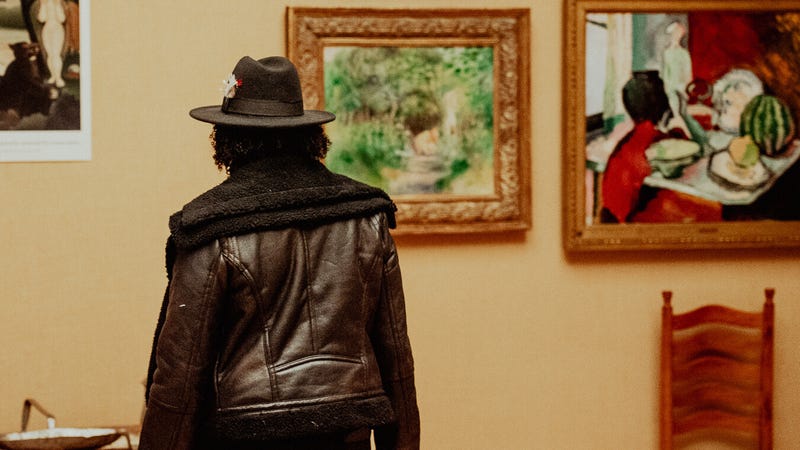
PHILADELPHIA (KYW Newsradio) — Fine art is to be appreciated by everyone, not just the elite.
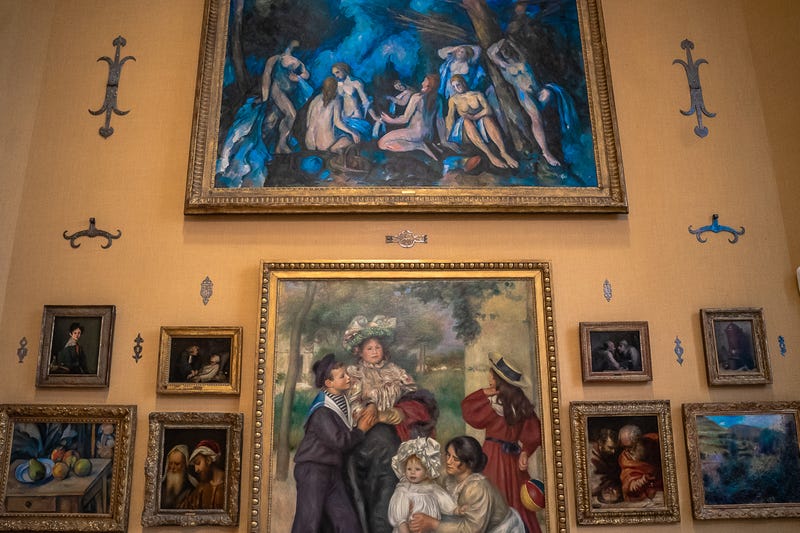
That was the vision of Albert C. Barnes, a Philadelphia art lover, who amassed a jaw-dropping collection of work from some of the world's most important impressionists, post-impressionists and other modern painters — Renoir, Cezanne, Matisse, Picasso.
His thoughtful and, at times, provocative pairings of these pieces alongside African masks, Native American jewelry and decorative metalwork is a feast for the eyes as much as the mind.
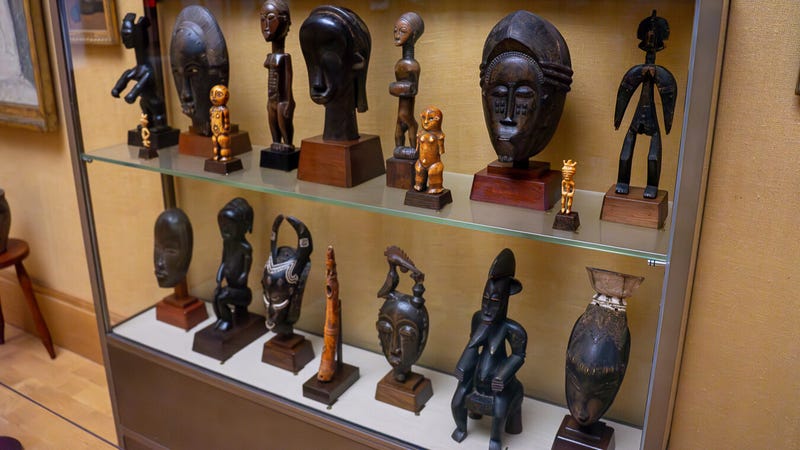
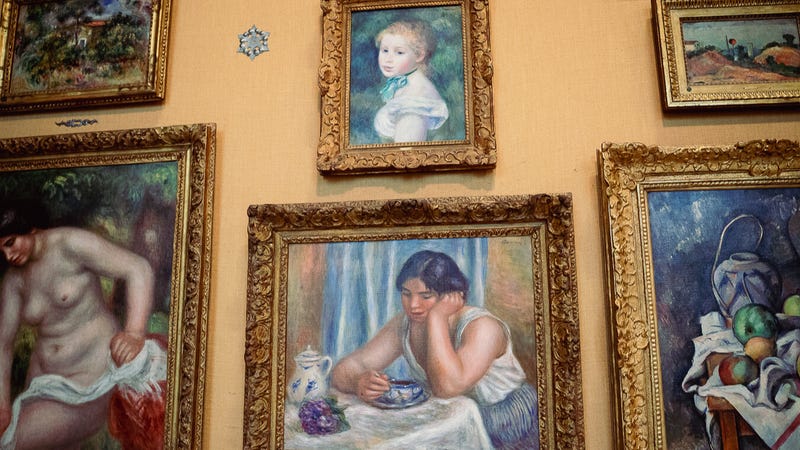
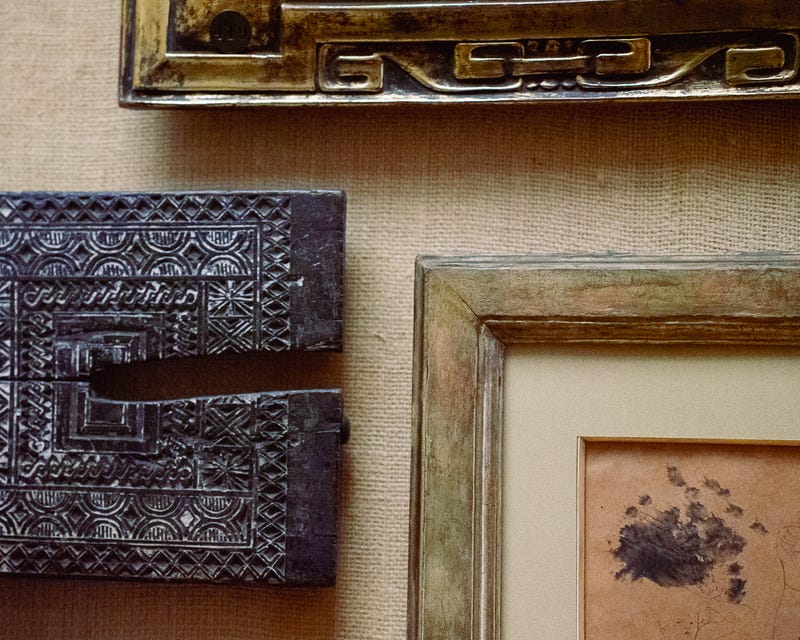
He established the Barnes Foundation in 1922. At a time when museum-going was a pastime for the upper classes, Barnes’ goal was to democratize access to art education.
"This was the tail end of the Progressive Era, when there was a lot of focus on social and political reform. Labor unions were fighting to get more rights for workers, and education reformers were working to get more progressive and experiential pedagogies into the public schools," said Martha Lucy, deputy director for research, interpretation and education at the Barnes.
"In Philadelphia, especially between 1910 and 1920, you had this doubling of the Black population, because of the Migration. And so there are all sorts of racial problems that were surfacing around the time that he founded this place. ... He had workers in his factory that were African American, and he was definitely attuned to the disparity in educational opportunities for the Black community."
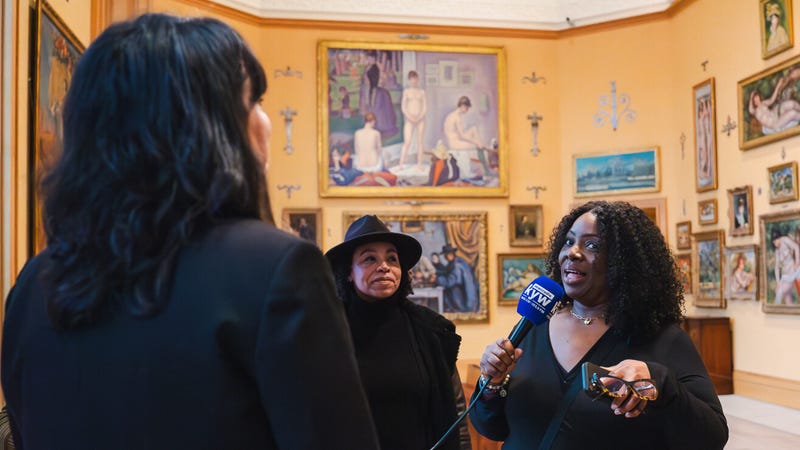
Lucy says Barnes' ideas about making education available to the underprivileged was still a novel concept in his day, and he stood out as a collector and promoter of modern European and American art.
"This place was founded seven years before the Museum of Modern Art opened in New York," she said.
So, how did Barnes, a pharmacologist, develop his deep love of visual art? What was the method to his approach? KYW’s Shara Dae Howard and Racquel Williams recently visited the Barnes Foundation to speak with with Lucy about how his original mission is adapted and carried forward 100 years later.
🎧 Listen to the full conversation
'The Barnes Then and Now' — May 16
Martha Lucy is author-editor of a new book, "The Barnes Then and Now,” encapsulating the collection's complete history.
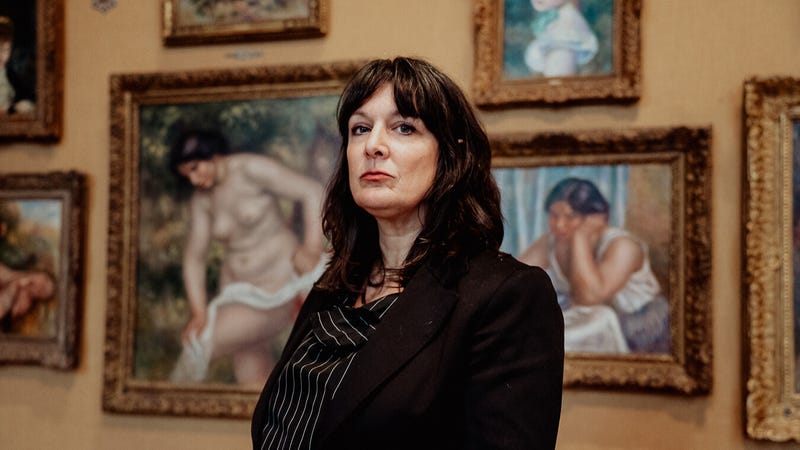
Join her at Barnes & Noble (1708 Chestnut Street) on Thursday, May 16, at 6 p.m. for a discussion about the book, the history of the Barnes Foundation and the ongoing mission that has made it such a radically unique institution.
Correction: A previous version of this story incorrectly named Barnes. The current article reflects that change.
